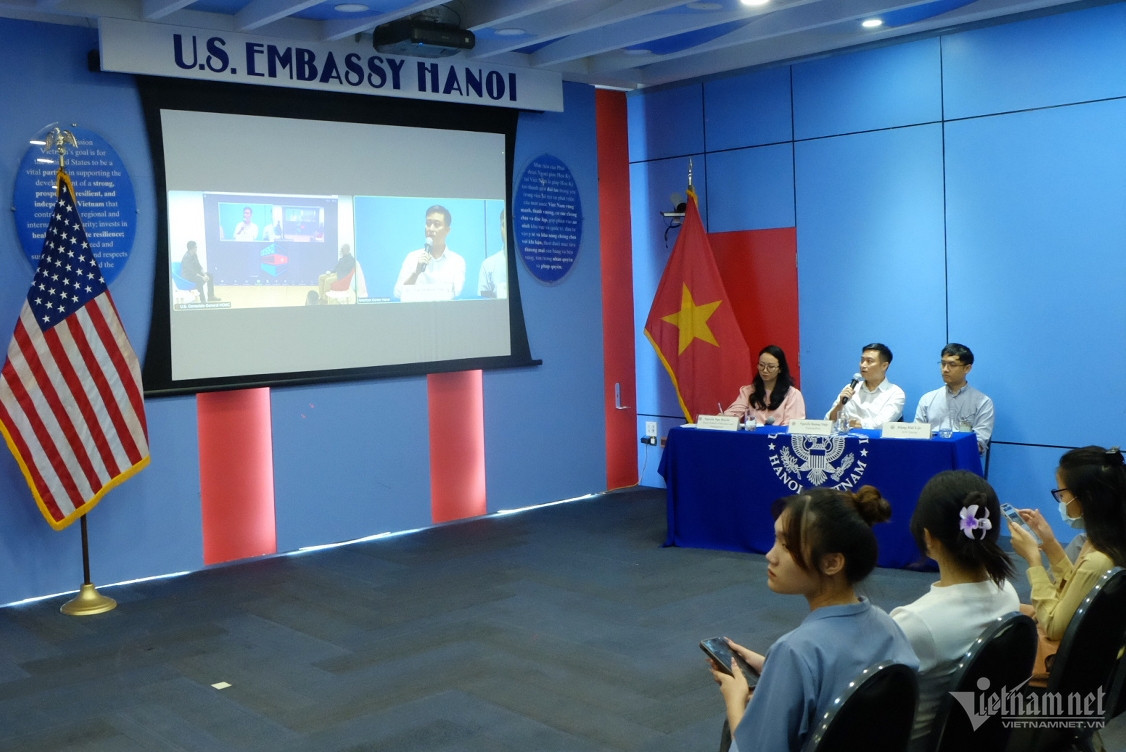
Artificial intelligence has significantly impacted various industries, including media and journalism. The rapid development of AI has revolutionized information creation and distribution, reshaping the entire media ecosystem.
At a recent seminar on the application of AI in media, organized by the US Diplomatic Mission in Vietnam, Rishad Patel, co-founder of Splice Media, emphasized that the future of journalism revolves around readers, not just AI or content.
In Vietnam, many journalists are already leveraging AI tools such as ChatGPT, transcription software, and photo illustration assistants. However, not all journalists are familiar with the optimal ways to utilize AI. A survey by the Vietnam Journalists Association in March 2024 revealed that many newsrooms have yet to implement AI ethics principles, with only a few developing their own codes of conduct.
Challenges in adopting AI include a lack of tech-savvy personnel, insufficient implementation funds, and inadequate investment in necessary equipment.
Nguyen Hoang Nhat, Deputy Editor-in-Chief of VietnamPlus, noted that AI application in newsrooms is often spontaneous and lacks a regulatory framework. He highlighted the need for AI to reduce human resource demands and improve information efficiency, allowing journalists to focus on higher-quality tasks.
Although AI tools are rapidly evolving, none can completely transform journalism. However, AI can help newsrooms understand their readers better, accurately assess needs, and produce more practical and humane content.
Dang Pham Thien Duy, a senior lecturer at RMIT University Vietnam, emphasized the importance of transparency when using AI. He advocates for clearly stating the AI tools and models used in scientific articles to maintain integrity. While AI can produce content quickly, it is the quality and interest of the articles that matter most to readers.
Despite initial concerns about AI causing errors or creating fake news, Nguyen Hoang Nhat argued that all new technologies have limitations but improve over time. Rejecting new technologies from the outset hinders progress. Encouraging reporters and editors to use AI can enhance their work efficiency and effectiveness.
Nhat believes young people, with their greater access to technology, can leverage AI tools to unlock new career opportunities in journalism and communications. In the rapidly evolving digital age, journalism must adapt to emerging trends to stay relevant.
Quoting Ladina Heimgartner, President of the World Association of Journalists (WAN-IFRA), Nhat stressed that journalism previously missed the technology train, losing ground to platforms like Google and Facebook. Today, journalism must not miss the AI train but should instead integrate artificial intelligence into newsroom operations proactively.
Trong Dat